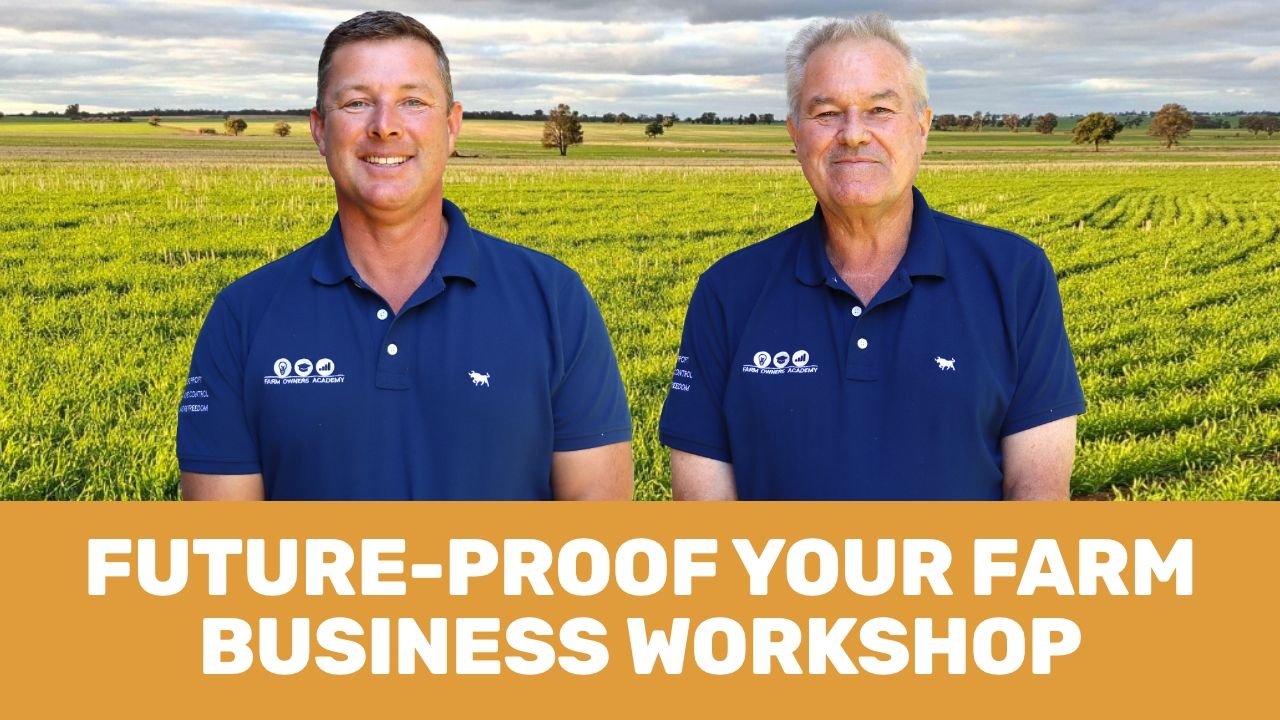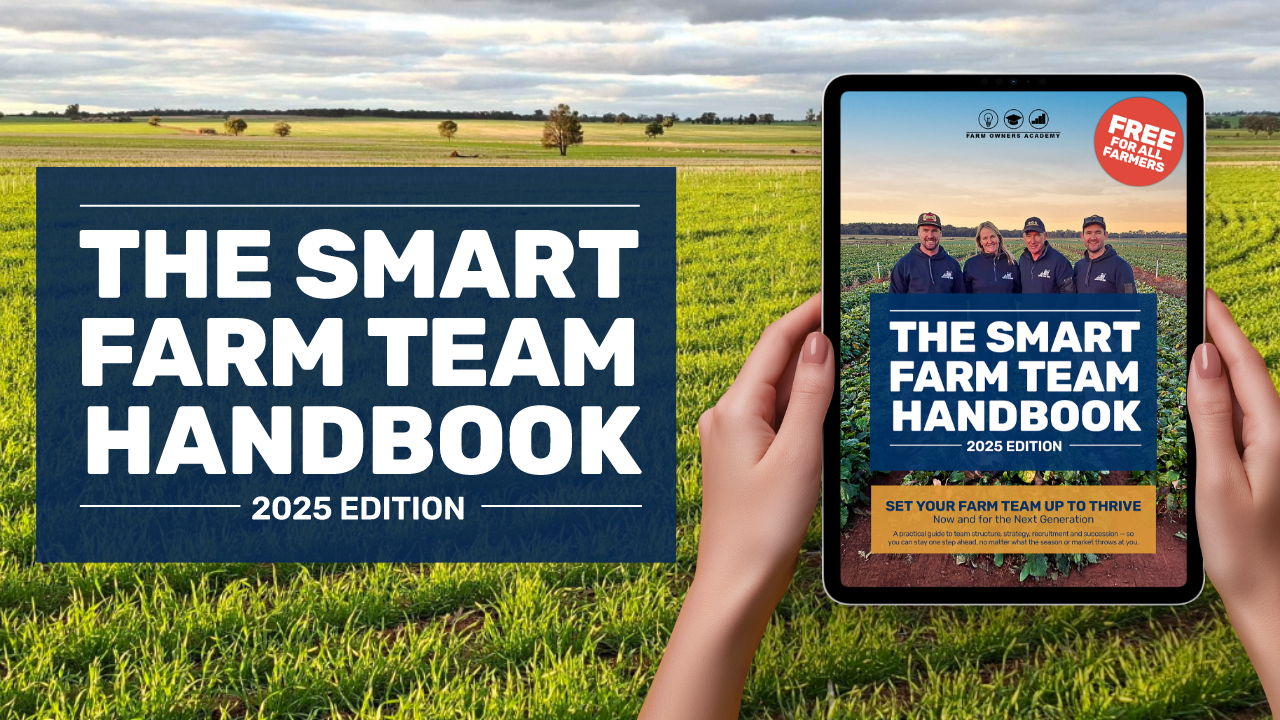Cultivating Unity: Strategies for Resolving Generational Differences in Farming Businesses
Nov 10, 2023
Tracy has shared the below article on strategies for resolving generational differences in farming businesses …
Farming is more than a profession; it’s a way of life that often spans generations.
This continuity brings with it invaluable wisdom and experience, but it can also lead to generational differences in the way the farm is managed and the business is run.
These differences can pose significant challenges, from communication breakdowns to conflicting visions for the future. However, with the right strategies, bridging these gaps, fostering unity, and making decisions that benefit the farm’s longevity and prosperity are possible.
Challenges Faced by Different Farming Generations:
Differing Perspectives: Each generation brings unique experiences and perspectives to the table. Older generations may lean on traditional methods, while younger generations may be more tech-savvy and open to innovation. These differences can lead to clashes in decision-making.
Communication Breakdown: Effective communication is essential for any successful partnership, but generational differences can lead to misunderstandings, frustration, and even resentment.
Resistance to Change: Older generations may be reluctant to embrace new technologies or farming practices, while younger generations might push for change and modernisation.
Succession Planning: Deciding who will lead the farm and how responsibilities will be transferred can be a delicate and contentious issue, especially when there are different visions for the future.
Strategies for Overcoming Generational Differences:
Open and Respectful Dialogue: Communication is the cornerstone of any successful resolution. Encourage open and respectful conversations where each generation can voice their concerns and ideas. Actively listen to each other’s viewpoints and avoid dismissing them out of hand.
Establish Common Goals: Identify shared objectives for the farm’s future. Whether it’s sustainable practices, profitability, or expanding into new markets, having a clear set of goals can help guide decision-making.
Leverage Each Generation’s Strengths: Recognise and value the strengths of each generation. Younger generations may bring fresh ideas and technical skills, while older generations have the wisdom and experience from years of farming. Combining these strengths can lead to innovation and growth.
Mentoring and Learning: Implement a mentorship program where younger members of the farm can learn from the older generation. This not only passes down valuable knowledge but also fosters a sense of continuity and respect.
Seek Outside Mediation: If disagreements become too entrenched, consider bringing in a neutral third party, such as a farm consultant or mediator. They can provide an objective perspective and help facilitate productive discussions.
Gradual Change and Experimentation: Recognise that change doesn’t have to happen overnight. Implement gradual changes and pilot programs to test new ideas. This approach allows both generations to see the results and adjust their strategies accordingly.
Formalise Succession Planning: Address the issue of succession planning proactively. Create a formal succession plan that outlines roles, responsibilities, and the transition process. Ensure it’s a collaborative effort and that everyone’s expectations are clear.
Resolving generational differences in farming business plans is a challenge, but it’s also an opportunity to blend tradition with innovation and experience with fresh perspectives.
By fostering open communication, recognising each generation’s strengths, and embracing change when necessary, farms can not only survive but thrive in an ever-evolving agricultural landscape. Ultimately, unity among generations can lead to decisions that result in the best outcomes for the business and its long-term success.
Andrew Roberts & The Farm Owners Academy Team








